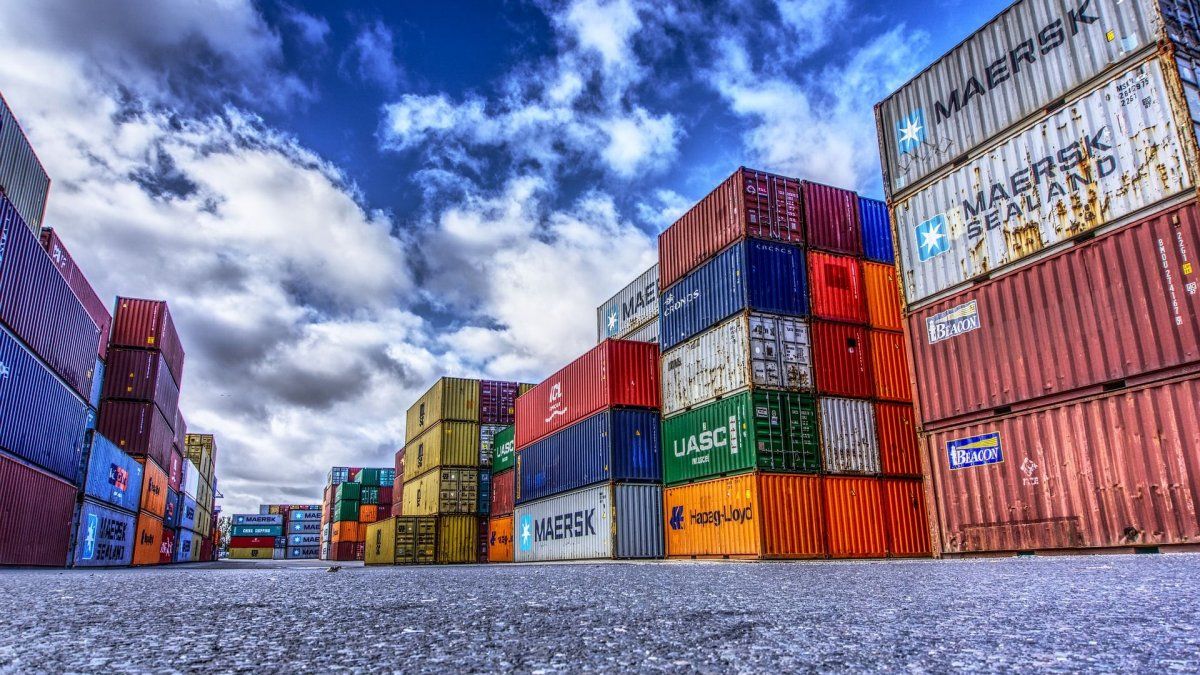Exports in the first semester were a historical record, according to data from the Ministry of Foreign Affairs, reaching US$44,377, 25.5% more than 2021, and 12% higher than 2011, the year in which it had been reached. the last record. External sales of manufactures of industrial origin (MOI) reached US$11,088 million in the first half, the highest value since 2013, with an increase of 6% in quantities compared to 2021. Official projections indicate that exports will close with a record close to $100 billion: $90 billion for goods, and the rest for services. The highest record of external sales was from 2011, when they had reached US$97,477 between goods and services (with goods totaling US$82,081 million).
“The results are auspicious,” assured Cecilia Todesca, secretary of International Economic Relations, in dialogue with the media, from the Palacio San Martín. On the reasons, he stated: “There is a price effect in manufactures of agricultural origin, but also an effect of quantities in industrial ones, which in total is not much, but which is significant in the generation of employment and export capacities” , assured. Regarding goods and services that had an improvement, she highlighted lithium, knowledge-based services, vehicles and pharmaceutical products.
Next week there will be a meeting between the Foreign Ministry and the Ministry of Economy where they will define an export goal for 2023. Todesca anticipated that expectations are positive: in terms of commodities, they expect the upward acceleration to stop, but they do not see it going to take an abrupt drop. In addition, he stressed that Argentina has the advantage of having food and energy, and being a “territory of peace.”
On the other hand, Todesca assured that the new Economy regimes to promote export sectors such as hydrocarbons, mining and the knowledge economy will have a positive impact on exports, especially in the case of energy. “We have good results when we generate laws that grant benefits in exchange for concrete results,” he said.
In any case, despite record exports, the trade balance was negative in the last two months. “Imports are also record,” Todesca said. In the accumulated of the first 7 months they were US$49,611 million, 44% above the previous year, explained by the increase in quantities and prices, especially in fuels. In any case, he anticipated that in the last weeks of August there was a decrease in energy imports, which could imply a relaxation of controls in September. In addition, he explained that there was an “advancement” due to the gap and the expectation of devaluation. “In the aggregate, we do not see a drop in imports that would paralyze all production,” he added.
Add SMEs
The objective of the Ministry of Foreign Affairs is to increase exports by internationalizing more companies. “Exports are like votes, you have to go one by one, company by company,” said Todesca.
In fact, in terms of number of exporting companies, the record continues in 2011, when there were 10,389. In 2021 there were 9,600, and so far this year there were 7,500. “The concentration of exports and primarization is a regional phenomenon that must be reversed,” he added. In dialogue with the media, Todesca presented the 9 tools that the Foreign Ministry has to promote company exports.
He did it together with Guillermo Merediz, former SME secretary and currently undersecretary for trade promotion at the Foreign Ministry. These are the international fairs, the commercial missions, the training cycles, the technology offer workshop, the business agenda, the positioning action, the Commercial Intelligence, the export challenge program and the program from Argentina to the world.
Merediz said that 5,000 firms have already been trained and highlighted a group of 325 companies that he called “dynamic exporting SMEs”, which are only 4% of exporting companies, but represent almost 15% of exports, have in average salaries 20% higher and 5 times more staff than the market average.
Source: Ambito
David William is a talented author who has made a name for himself in the world of writing. He is a professional author who writes on a wide range of topics, from general interest to opinion news. David is currently working as a writer at 24 hours worlds where he brings his unique perspective and in-depth research to his articles, making them both informative and engaging.




